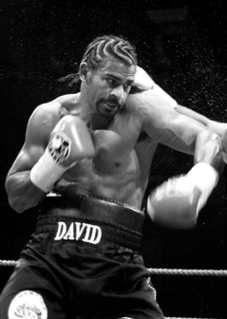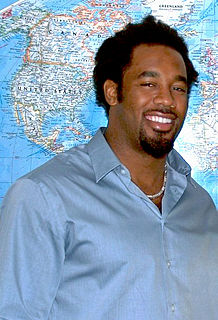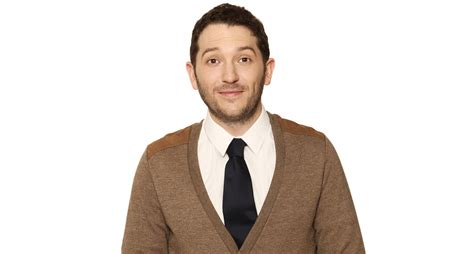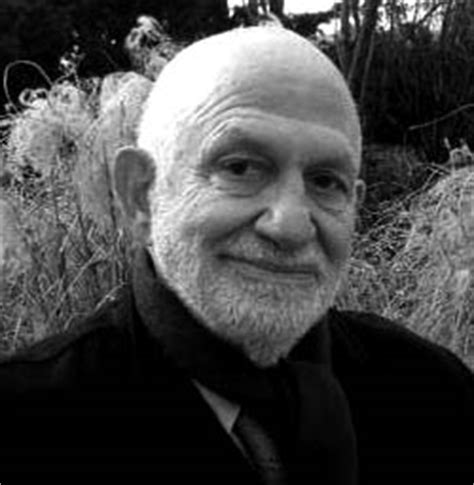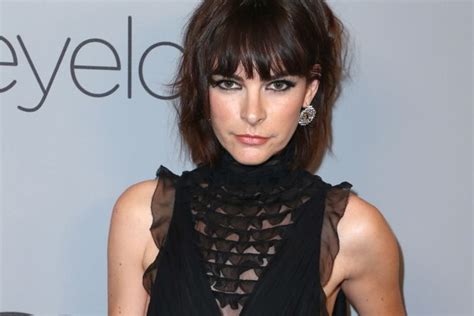A Quote by Edward de Bono
What the joke displays is a switch in perception. This is important in changing the way we think.
Related Quotes
I don't think we know yet what broadcast television did to us, although it obviously did lots. I don't think we're far enough away from it yet to really get a handle on it. We get these things, I think they start changing us right away, we don't notice we're changing. Our perception of the whole thing shifts, and then we're in the new way of doing things, and we take it for granted.
We have to have loving speech. And if we are honest, if we are true, terrorists will open their hearts. Then we practice compassionate listening, and we can learn so much about our own perception and their perception. Only after that can we help remove wrong perception. That is the best way, the only way, to remove terrorism.
One of my all-time favorite pranks was gaining unauthorized access to the telephone switch and changing the class of service of a fellow phone phreak. When he'd attempt to make a call from home, he'd get a message telling him to deposit a dime, because the telephone company switch received input that indicated he was calling from a pay phone.
I'm not a big note-taker, so I think that the way I decide is that whatever I remember I always consider something that's important. If I remember a joke then I know it's a good joke, if I remember a story then I know it's a good story, and so that's how I curate what stories I'm going to write for the book. And I go over them again, make sure there's a theme and all that stuff, but mostly, it is intuition.

